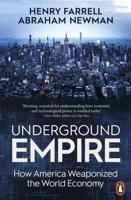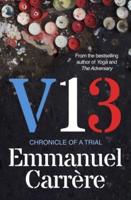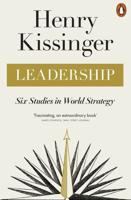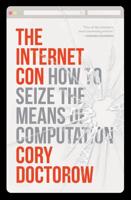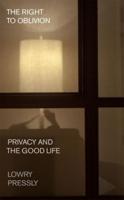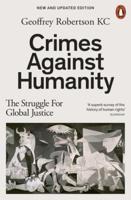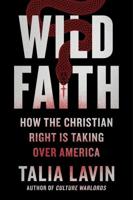Publisher's Synopsis
This represents the findings of a team of four lawyers - Geoffrey Bindman, a solicitor practising in London; Jean-Marie Crettaz, an advocate from Geneva; Henry Downing, a Dublin barrister; and Guenter Witzsch, professor of public law in the University College of Munster, West Germany - who went to South Africa in the face of international concern at reports of human rights violations and a breakdown of the rule of law.;The Pretoria government regarded the mission as inappropriate at that time because of the State of Emergency which had been proclaimed by the State President on 12th June 1986. By December, the State of Emergency was still in force, so the mission decided to go without further notice to the government.;They were sent to examine the degree of compliance in South Africa with the principles of international human rights law, as embodied in the Universal Declaration of Human Rights and other relevant instruments. They paid particular attention to human rights in the homelands, trade unions, the repeal of the pass laws and other discriminatory legislation, the security situation, legal services in rural areas, the independence of judges and lawyers, the treatment of children, the state of education and the suppression of free speech and political activity.;One of the main findings of the ICJ mission is that the paramount state interest in defeating "the enemy" is held to justify secrecy and the wholesale abrogation of human rights. The mission, however, remains unconvinced that the scale of danger matches the government's claims. Nor could the measures taken be justified even if those claims were valid.

